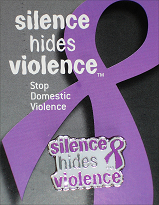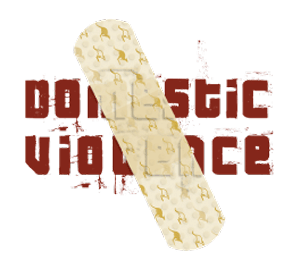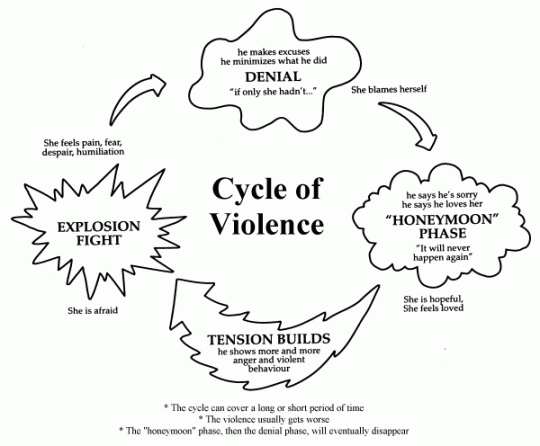Domestic Violence Awareness
This page is dedicated to increase awareness and understanding about domestic violence. If you or someone you know needs help because you/they are involved in a physically or emotionally abusive relationship, please refer to these resources:
Massachusetts Domestic Violence Hotline (877) 785-2020
National Domestic Violence Hotline (800) 799-SAFE (7233)http://www.thehotline.org
Jane Doe Inc http://www.janedoe.org/
This is an overview. For further, more in depth information on domestic violence, please click here.
What is Domestic Violence?
Domestic Violence is abuse that occurs between a family and / or household members.
“Abuse” is defined as:
- Attempting to cause or causing physical harm.
- Placing another in fear of imminent serious physical harm.
- Causing another to engage involuntarily in sexual relations by force, threat or duress.
“Family or household” members are defined as:
- Are or were married to each other.
- Are or were residing together in the same household.
- Are or were related by blood or marriage.
- Have a child in common regardless of whether they have ever been married or have lived together.
- Are or have been in a substantive dating or engagement relationship.
Signs of Domestic Abuse:
A woman/man who is being battered by a man/woman may:
- Worry that he/she will be jealous.
- Be afraid of his/her temper.
- Go along with just about anything he/she says or does.
- Avoid friends.
- Seldom be seen with him/her in public.
- Have low self-esteem.
- Constantly apologize for his/her behavior.
- Allow him/her to make all the decisions.
- Drink heavily or use drugs.
A man/woman who is battering a woman/man may:
- Be very jealous.
- Have a very bad temper.
- Have difficulty showing his/her feelings other than anger.
- Threaten to hurt her/him, himself/herself or the children.
- Criticize and put him/her down, especially in front of others.
- Abuse pets.
- Control all the money.
- Drink heavily or use drugs, often insisting that he/she join him.
- Throw things at the man/woman, hit, shove or kick him/her.
- Male batterers may believe that women are not as good as men
Warning signs that you might be in an abusive relationship:
- Abuse is about power and control
- Abuse is a range of behavior that may take many forms such as:
- Physical
- Emotional or mental abuse
- Verbal or sexual abuse
- Abusers often:
- Control the finances.
- Isolate the victim from their family and friends.
- Keep track of and control of the victim.
- Display extreme jealousy and/or use intimidation, threats and violence.
- Abuse usually gets worse over time, unless something is done to stop it. It can lead to serious harm or even death.
The Cycle of Violence:
- In a violent relationship, some things happen over and over again.
- The batterer’s anger begins to build. The victim will often try to make things better or make things work. He/she is often aware at this point that he/she may get hurt if he/she does not do what pleases him/her.
- The batterer explodes and acts out in anger. After the violence, both parties may feel angry, confused, shocked, tired and hurt.
- A “loving” stage or “denial” stage often follows. Neither party wants to believe what has happened.
- The batterer says he/she is sorry. He/she may cry, send flowers, make promises or beg him/her not to leave. He/she may often threaten to kill himself/herself (or him/her) if he/she leaves.
Why does a person stay in an abusive relationship?
 The victim wants to believe that things will get better.
The victim wants to believe that things will get better.- The victim wants to believe that things will go back to the way they were at the beginning of the relationship.
- The batterer promises that it (the abuse) will never happen again.
- There are good parts to the relationship.
- Financial hardship.
- Children.
- The victim actually believes that they deserve to be treated badly.
- Low self-esteem.
- The victim has been alienated from all family and friends.
- The batterer has threatened to kill the victim, a family member(s) of the victim, or maybe even him/herself if he/she leaves.



